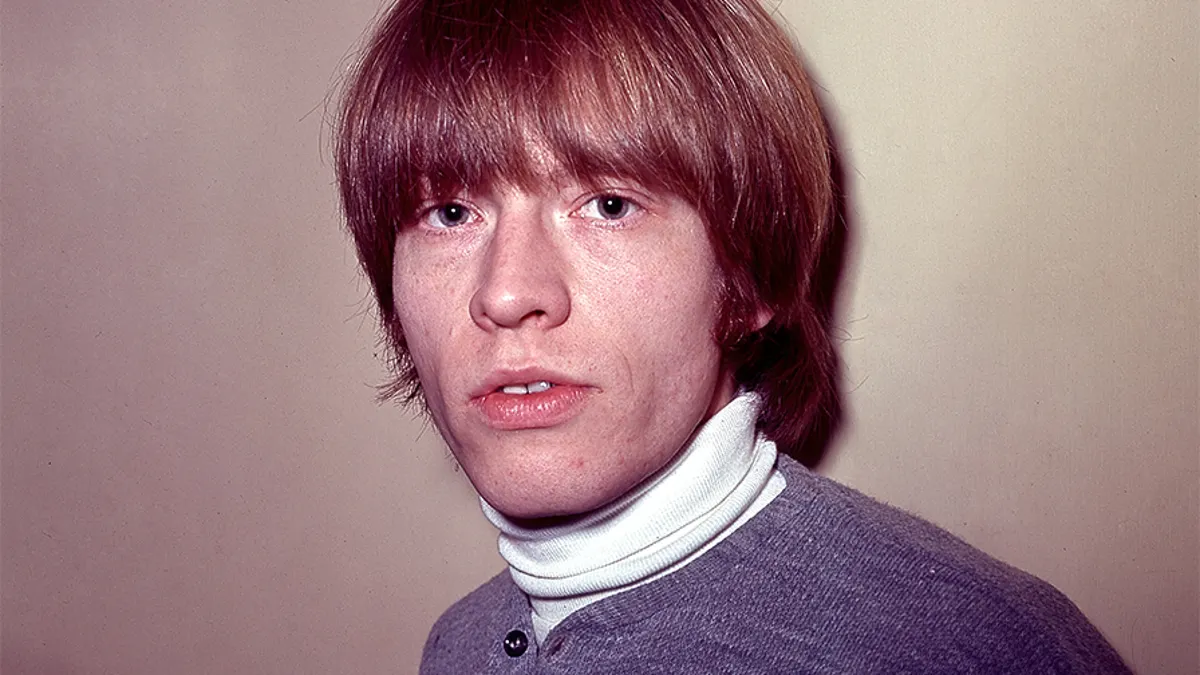Brian Jones (1942-1969)
The late 1960s had become increasingly apparent to his bandmates and the world at large. Known for his eclectic contributions to the band’s sound, Jones was not only a talented guitarist but also a skilled multi-instrumentalist, introducing instruments like the sitar and marimba into the Beatles’ repertoire. However, as the pressures of fame intensified and the counterculture movement flourished, Jones found solace in drugs, which gradually began to take control of his life. His unpredictable behavior and withdrawal from the creative process prompted concern among his peers, with Jagger and Richards often discussing the implications of his struggles on the band’s dynamic and future.
By 1969, as the Rolling Stones were preparing for a transformative year, Jones’s deteriorating condition made it clear that his involvement was no longer sustainable. The once-charismatic figure began to withdraw from the band’s public performances, his substance dependency overshadowing his musical talents. Ultimately, his tumultuous lifestyle and cantankerous relationships with both his bandmates and managers culminated in a bleak turning point. In June of 1969, just weeks after his departure from the band, Brian Jones was found dead at the age of 27, a tragic end that cast a long shadow over the Rolling Stones’ legacy and signaled the perils of the rock and roll lifestyle. His death not only marked the end of an era for the band but also served as a stark reminder of the darker realities that often accompany fame and artistic genius.



